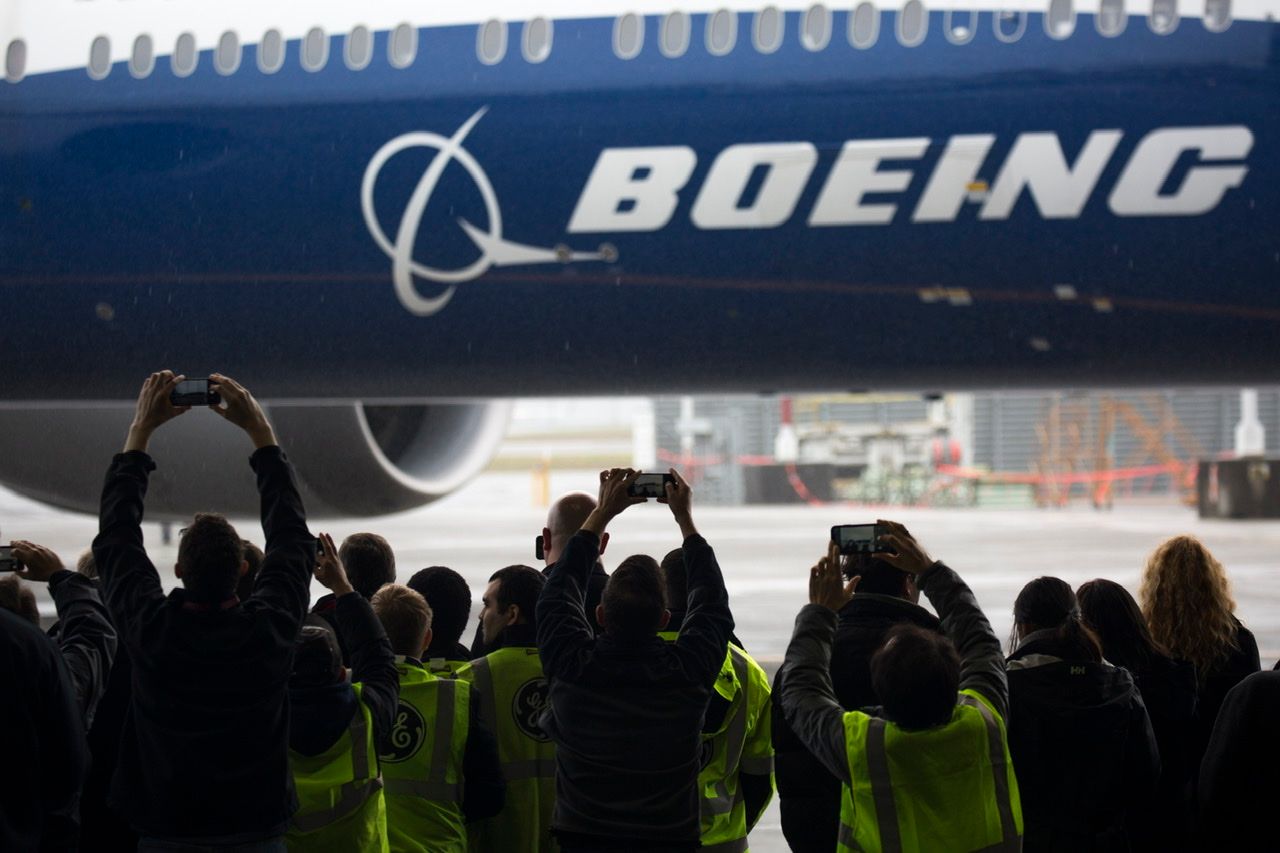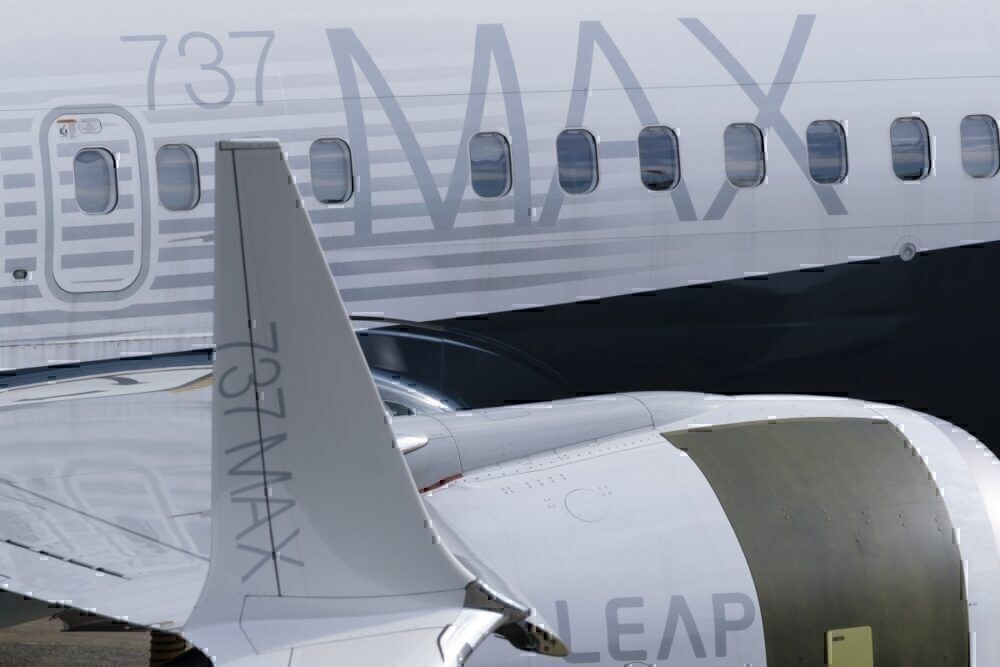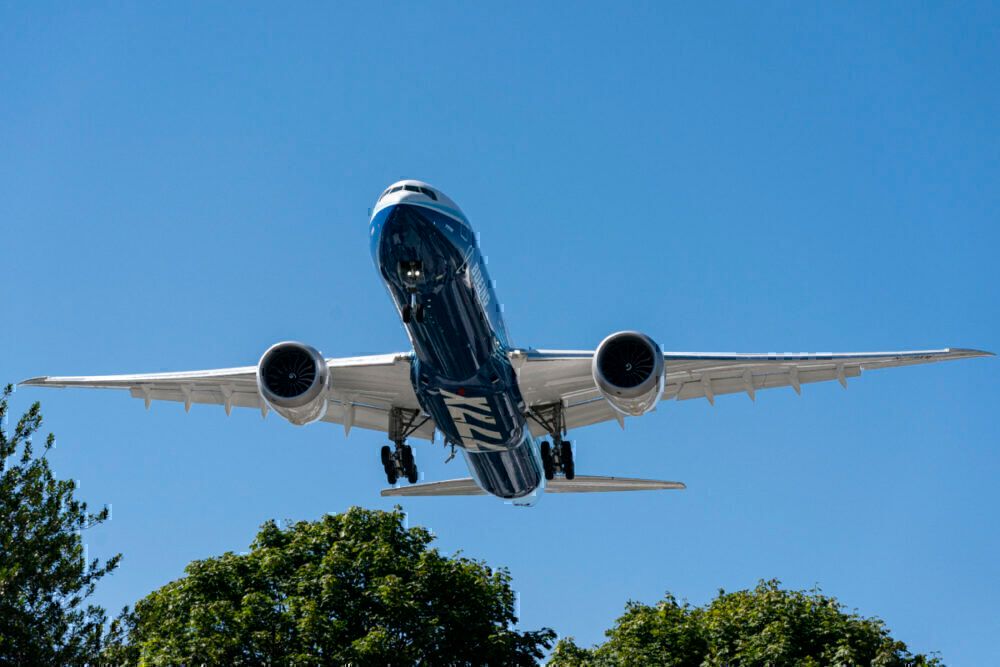There has been plenty of buzz surrounding hydrogen aircraft when it comes to the future of aviation. However, Boeing remains pragmatic when it comes to this technology. For the manufacturer’s next aircraft, it will be looking at other initiatives in regards to its sustainability goals.
A careful approach
Rivals in the industry have been eager to introduce aircraft relying on hydrogen as part of their sustainable initiatives. For instance, Airbus has been keen to offer the world’s first zero-emission commercial plane by the middle of the next decade. The European outfit has been experimenting with its ZEROe concept aircraft to enable it to evaluate a variety of setups and hydrogen innovations.
Despite the excitement, Boeing is taking a more realistic approach when it comes to hydrogen-powered aircraft. The US-based company’s president and CEO, David David Calhoun, spoke about the prospects in a Q4 2020 earnings call today. Overall, the businessman feels that the industry is still a long way off to really cultivate this technology.
“I have a fair amount of experience with hydrogen, our company has an incredible amount of experience with hydrogen. At least in the size of airframe that we are all talking about. We experiment at the low end, but that's not going to be a meaningful market here,” Calhoun said in the call.
“And the advent of sustainable fuel already, already we're capable of living with that sustainable fuel. I believe that's going to be the 15-year answer to 2050 guidelines and approaches because we have all worked with it, experimented with it, we know it works, and now we to develop a supply line for it. But I believe it's the only answer between now and 2050.”
Stay informed: Sign up for our daily aviation news digest.
Crucial years ahead
The next aircraft to arrive at airlines will be the 777X. The first of these planes will be delivered in late 2023. Boeing shares that this schedule, and the associated financial impact, reflects a number of factors, such as an updated assessment of global certification requirements, and the outcome of the pandemic. Therefore, the commercial introduction of this type will remain a key focus over the next few years.
So, by the time the aviation industry recovers from the global health crisis and the 777X is entered into service, the entire climate of the market may be different. Therefore, Boeing may not be in any rush when it comes to producing new models. Regardless, the company is always looking ahead and researching potential developments.
Focus on fuels
One point is clear, however, which is that sustainable fuel will be the predominant aspect when it comes to Boeing’s production plans this decade. Last week, the firm shared that it is committed to building commercial aircraft that are capable and certified to fly on 100% sustainable fuels by 2030.
Boeing previously performed successful test flights replacing petroleum jet fuel with 100% sustainable fuels. These breakthroughs play a part in the business’ mission of achieving the long-term sustainability of commercial aviation in response to concerns surrounding climate change.
What are your thoughts about the potential of Boeing’s next aircraft? Do you concur with the airline’s expectations with it comes to hydrogen planes? Let us know what you think of the prospects in the comment section.



